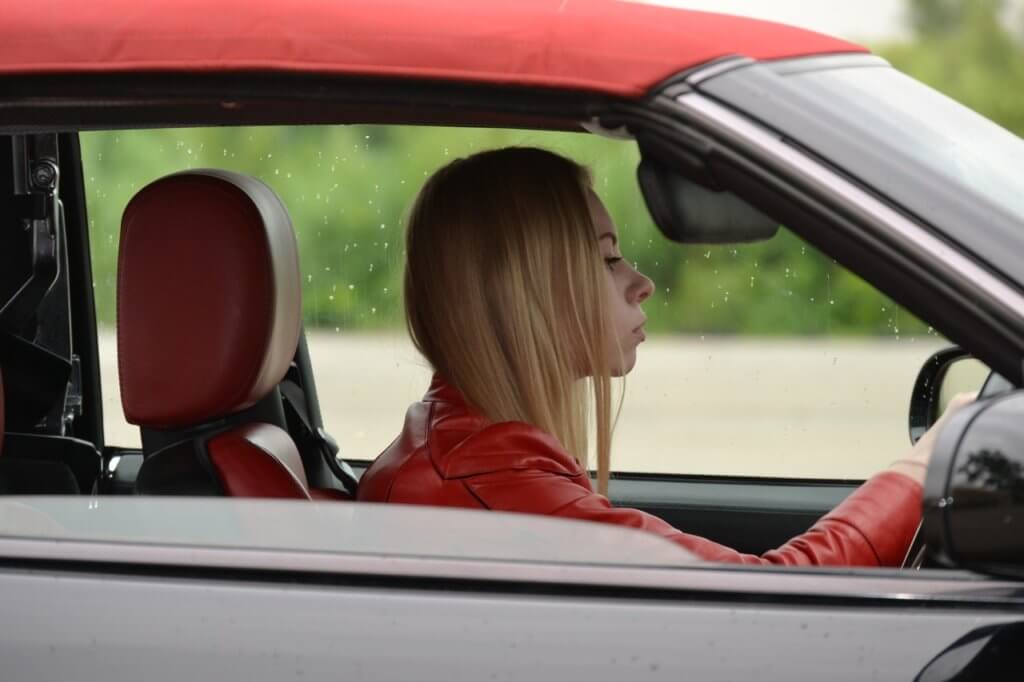Car accidents, particularly those that result in serious injuries or fatalities, can have devastating consequences. Child car accidents are no exception, and they can be very taxing to deal with in a legal setting. According to statistics from the Centers for Disease Control and Prevention (CDC), vehicular related injuries are the leading cause of death among children in the United States. In 2016, 732 children aged 12 and younger died in motor vehicle crashes.
But if a teenage driver happens to have caused a car accident, there are some situations when the parents can be held civilly liable for the resulting damages. Thus, it is imperative to look into the nature of the situation before filing a personal injury suit for this type of accident.
What Legal Rulings Hold Parents Liable for Children’s Car Accidents?
The parents of a minor involved in a vehicular accident generally cannot be held responsible for the incident as the child is the one at fault. However, there are circumstances where plaintiffs can claim parental liability. These include the following:
- Statutory liability
- Parental negligence
- Family purpose doctrine
Statutory Liability
A statutory liability suit occurs when the injured party files a case against the minor’s parents and the minor. In this case, while the injured party does not claim that the parents were negligent, they’re held to be statutorily liable for the child’s negligent behavior based on their legal status as the child’s parents.
It is important to note that every US state has its own parental responsibility statute. However, not every state’s laws specifically hold parents liable for their children’s reckless driving behavior.
Parental Negligence
Parental negligence covers both negligent entrustment and negligent oversight. Both principles are related to the question of whether the parent were behaving irresponsibly or not. Negligent entrustment means that the owner of the vehicle was negligent because he or she decided to allow the minor to drive the vehicle. On the other hand, negligent oversight means the parents will be held liable for the child’s negligent acts if they know that it’s necessary to control the child yet they failed to do so.
Family Purpose Doctrine
The family purpose doctrine generally states that whoever owns the family car is responsible for any damages caused by the family member who was driving it. This stands regardless of whether the family member was allowed to use the car or not.
What California Laws Cover Parental Liability?
Under California law, parental liability for children’s car accidents are covered in the following rulings:
Basically, section 17707 states that a minor’s parents will have civil responsibility for their child’s involvement in a car accident. This stems from the fact that parents are required to sign their child’s driver’s license application if they are under 18 years of age.
Section 17708, on the other hand, states that whenever a parent explicitly permits or implies that their child can drive a vehicle and this leads to a mishap, then the parent could be held potentially liable for all the resulting damages.
How Can Parents Counter Sue the Other Party for Their Child’s Injuries?
If a minor is involved in a car accident and sustains physical injuries, they can file a lawsuit against the party at-fault through a guardian ad litem (GAL). The GAL can file a suit for the child in court since the child cannot settle legal agreements or file a car accident claim.
The GAL can be a lawyer, one of the minor’s parents, or another adult. The courts select this person to represent the child’s best interests in a vehicular accident case. They also allow the GAL to settle the compensation on behalf of the young plaintiff.
How Can Parents Reach a Car Accident Settlement for a Child?
California state law requires courts to approve any personal injury settlement over $5,000 for a minor involved in a personal injury or car accident lawsuit. Court approval ensures that the settlement is fair and is in the child’s best interest. There are also instances where insurance companies may choose to request court approval if the gross settlement exceeds $5,000, even if the net amount that the child will receive is below $5,000. However, the court can also turn down the compensation if they find it neither fair nor appropriate. This means that the GAL cannot receive the settlement on behalf of the child.
Apart from ensuring proper settlement, the court also ensures that the child receives all the funds once they reach adulthood. The court must review and approve details of where the settlement will be deposited and how it will be managed. The GAL must transfer the compensation to a blocked bank account, which nobody should use until the minor turns 18 or undergoes emancipation. But if their compensation amounts to below $5,000, then it is not necessary for their GAL or parents to utilize a blocked bank account.
Parents can secure the following damages on behalf of their child if they were injured in a car accident:
- Present and future medical expenses, including surgery and physical therapy costs
- Foreseeable and subsequent loss of earnings
- Pain and suffering
- Punitive damages
Should You Seek Legal Assistance for a Child Car Accident Claim?
The answer to this question is a resounding yes. Once you’ve decided to pursue a car accident claim, whether it is on behalf of or against a child, you will be facing numerous challenges throughout your legal battle. These include insurance companies and aggressive defense lawyers. Both parties will stop at nothing to convince the court that the negligent party was not at fault for the accident. Thus, it is imperative to seek legal advice from expert personal injury lawyers who will help you win these types of cases.
Mesriani Law Group is a California-based law firm that specializes in both labor and personal injury lawsuits. Our personal injury attorneys have helped numerous clients file legal claims against negligent defendants for over two decades. We are dedicated to giving individuals the best legal assistance possible so they can get the compensation they truly deserve.








